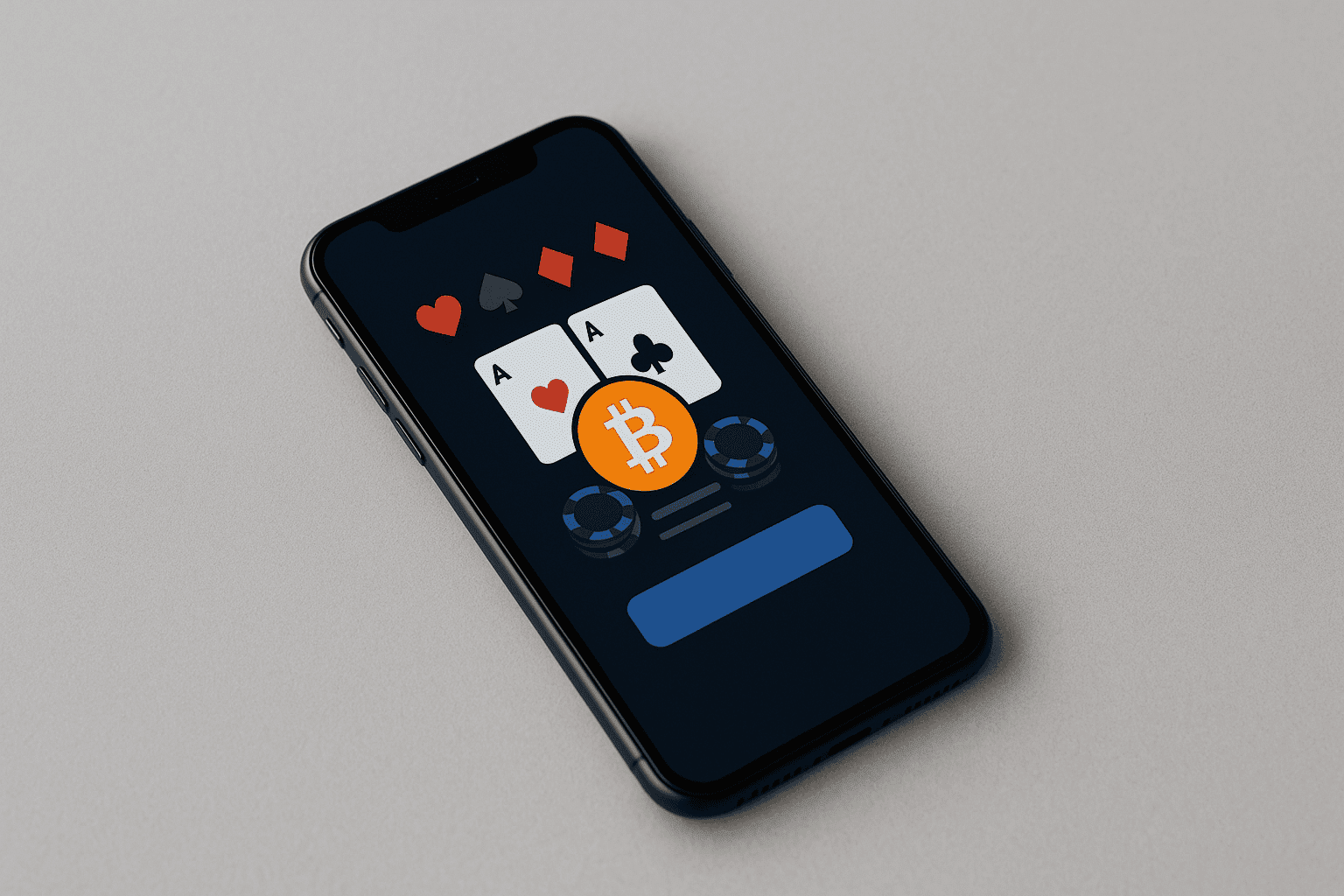
The Psychology Behind Towers: Risk, Reward, and Knowing When to Stop
Towers is a deceptively simple CS2 gambling game that challenges players to manage risk, resist greed, and make high-stakes decisions under pressure. Its addictiveness lies in psychological traps like overconfidence and loss aversion, making success less about luck and more about knowing when to stop.
In the world of CS2 skin gambling, one game mode has emerged in popularity. Towers is a format that has sparked quiet obsession. It’s a deceptively simple game where each click is a decision, and every level is a test of nerve.
Unlike fast-paced games like coinflip or roulette, towers challenges players in a burning psychological challenge. The higher you climb, the more intense the pressure becomes. And while the game looks easy and straightforward on paper, towers is really a mental game about risk, reward, and self-control. Let’s explore what makes this game mode so addicting.
How Towers Works – In a Nutshell
If you’ve never played towers before, here’s a quick rundown. This game mode presents you with a multi-level board, where the objective is to climb as many levels as possible before clicking a bomb.
On each level, you’ll choose one tile to step forward, but hidden beneath are mines that will end your entire run. Pick correctly, and you move up with a higher payout, but hit a bomb, and you lose the round. The higher you climb, the more you could cash out – but the greater the risk of losing it all.
However, there’s player-controlled risk mixed in. Before you start, you choose how many mines are hidden on each row. Fewer mines mean safer progress, but payouts are lower. More mines? Greater danger, but much larger potential.
Why This Game Mode Gets In Your Head
Towers is a game that tests players for their resolve and restraint. It’s not about luck alone – it’s about how much you trust your judgement, and when you’re willing to walk away.
Here’s what’s happening psychologically when players sit down to play:
“One More” – The Biggest Trap
Every successful click builds your confidence, and after three or four straight wins, it feels like you’re unstoppable. However, towers punishes this overconfidence, and many players fall into the trap, losing everything trying to climb just one more level.
Loss Aversion
Ironically, the deeper you go, the harder it is to stop. Cashing out at a 3x feels like you’re leaving money on the table if you think that next 5x is right there for the taking. But when players lose it all, the sting of that loss far outweighs the satisfaction of a smaller win they could’ve left with earlier.
Sunk Cost Fallacy
Once you’ve won a few clicks in a row, there’s a powerful urge to keep going because you’ve “earned it.” But the game doesn’t care how many wins you’ve stacked over the course of your session, and each new click has the exact same odds. What this means is your past wins don’t protect your next move.
Why Towers Stays Popular
Part of the reason why players keep coming back to check out towers is that it never plays the same twice. Each round is different, and each climb is unique. Because the player controls when to stop, there’s a very strong feeling of agency, even when the outcome is still purely based on probability.
The towers game mode rewards players who can calmly think in a high-pressure environment, when one click can change your entire bankroll. This is something that appeals to a lot of CS2 gamblers who already love games with high risk.
Overall, towers isn’t flashy – it doesn’t have loud animations or jackpot wheels, but what it does have is psychological depth. Every click is a gamble, and every round is a lesson in patience, greed, and most importantly, self-control.




